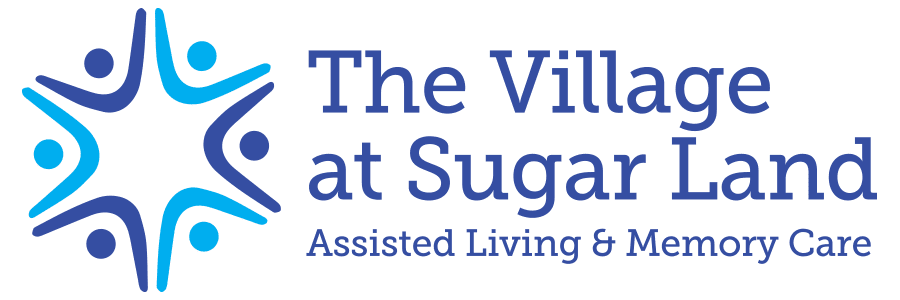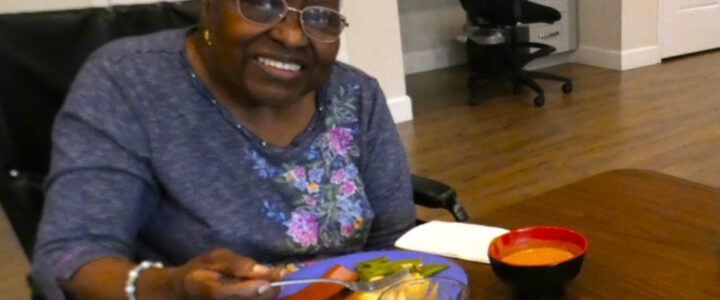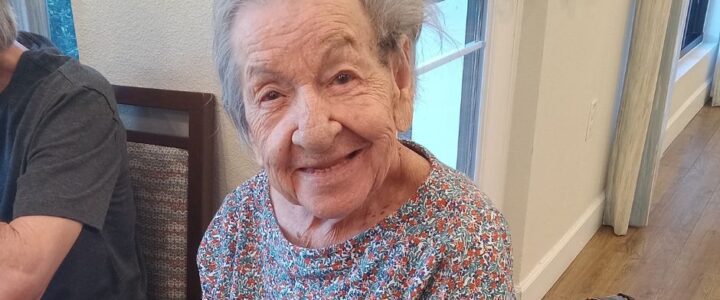Regarding senior living, nutrition is much more than a meal—it’s a cornerstone of health, vitality, and quality of life. At The Village at Sugar Land, we recognize how essential balanced, delicious, and nutritious meals are to support our residents’ overall well-being. Here’s why nutrition is vital in senior living communities and how we prioritize it in our dining services.
Why Nutrition Matters in Senior Living
As we age, our nutritional needs change. Seniors require specific nutrients to maintain energy, support immune function, and reduce the risk of chronic diseases. Proper nutrition also impacts mental health, memory, and emotional well-being. A well-balanced diet can:
-
- Boost energy levels to support an active lifestyle
-
- Strengthen the immune system to prevent illness
-
- Support cognitive function to improve focus and memory
-
- Promote emotional health by reducing stress and improving mood
Meeting these dietary needs is essential for seniors living in assisted or memory care communities to maintain independence and overall health.
Our Commitment to Nutritious Dining at The Village
At The Village at Sugar Land, dining is not just a necessity—it’s an experience. We take pride in providing meals that are both nutritious and enjoyable, tailored to each resident’s needs and preferences.
✔️ Fresh, Seasonal Ingredients: Our menus are designed around high-quality, fresh ingredients to ensure every dish has flavor and nutrients.
✔️ Customized Diet Plans: We accommodate dietary restrictions and preferences, ensuring every resident feels at home at the table.
✔️ Social Dining Experience: Meals are served in a warm, inviting environment that encourages connection, conversation, and community.
✔️ Hydration Focus: Proper hydration is just as important as healthy meals, and we prioritize keeping residents hydrated throughout the day.
Special Considerations for Memory Care Residents
For those in memory care, nutrition plays an even more significant role in supporting cognitive function and overall well-being. Our team creates thoughtful meal plans that consider the unique needs of memory care residents, offering foods that are easy to eat, nutrient-dense, and appealing.
In addition, our staff provides assistance and encouragement during mealtimes to ensure residents get the nutrition they need in a dignified and supportive way.
Schedule a Tour to See for Yourself
At The Village at Sugar Land, we serve more than meals; we serve care, comfort, and connection. Our dining program is just one of the many ways we prioritize the health and happiness of our residents.
Discover how our focus on nutrition can enhance the quality of life for your loved one. Schedule a lunch tour today and enjoy a meal with us!
📧 Email: [email protected]
📞 Call: 281-729-8800
Let’s create a healthier, happier future for your loved one. 💖
#TheVillageAtSugarLand #NutritionMatters #SeniorLiving #HealthyEating #MemoryCare #SugarLandTX










